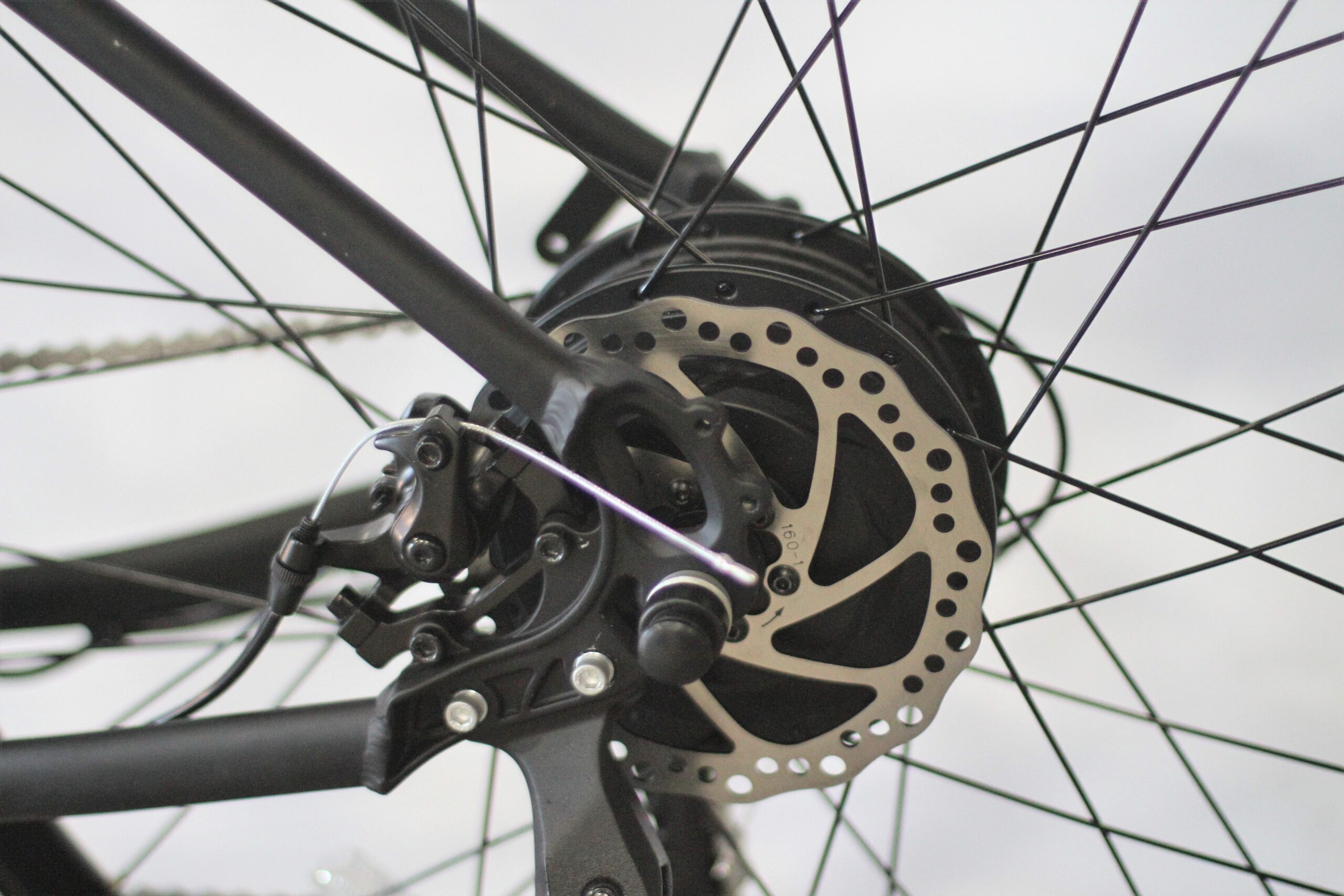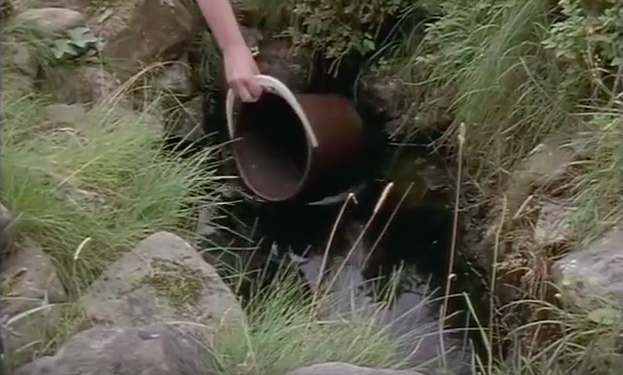How things are made
Chat GPT is like an e-bike for the mind Sam Altman, CEO of OpenAI, Twitter, 16 December 2022 “We think the casualisation problem will be solved by AI in about 15 years or so.” University CEO, 2019 1 Hello, it’s been a while. May 2020: something about refusal, and then three years of careful-what-you-wish-for. Three years of writing that refused to be written, as we all tried to find our footing in a pandemic that wouldn’t end, and wouldn’t end,…
Continue Reading

